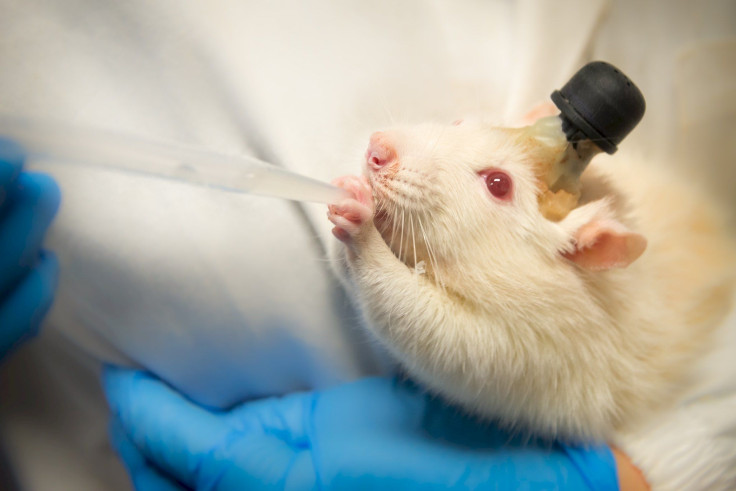Inbrain Neuroelectronics Believes Its Chips Could Outperform Elon Musk's Neuralink
KEY POINTS
- Elon Musk's Neuralink has a new competitor
- It's a startup company called Inbrain Neuroelectronics
- It says its chips are made of one of the strongest materials ever tested
- It aims to cure brain disorders using its technology
A Spanish startup company called Inbrain Neuroelectronics believes its chips could outperform Neuralink, Elon Musk's brainchild.
In April, Musk said that Neutralink, which develops brain-machine interfaces, could transition from implanting chips in monkeys to embedding them in humans within 2021. But Inbrain Neuroelectronics, which specializes in brain implants made of graphene, thinks its chip could do better.
"Brain interfaces need to do three things well: record brain signals, stimulate them and then be stable for many, many years in the brain," Carolina Aguilar, CEO and co-founder of Inbrain Neuroelectronics, told Sifted.
Aguilar also noted that their chips are made of graphene, the world's thinnest material. She said the material is ideal for brain implanted technology because of its electrical conductivity, resilience and longevity. She then compared it to Neuralink which, according to her, currently uses a polymer called Pedot. This material reportedly degrades too quickly inside the brain, making it not viable for a brain-stimulating implant.

Inbrain Neuroelectronics spent the past eight years developing a graphene-based neurological implant. Aguilar mentioned that some forms of graphene are poisonous and the company spent the past years developing and patenting a manufacturing technic. Finally, it was able to come up with the form of graphene that it wants in the brain.
Interestingly, Inbrain's graphene is just one atom thick. According to the company's official website, it is among the strongest materials ever tested. The company said a graphene brain implant will last longer than a Neuralink implant.
Inbrain Neuroelectronics recently secured $17 million funding, which will finance its first human trial. The graphene brain implant has been tested on sheep's brains and Inbrain Neuroelectronics plans to use its product on humans in an attempt to cure Parkinson's Disease.
On the other hand, Musk claimed a few months ago that Neuralink is looking at its first human trial this year.
A few days ago, Musk told Joe Rogan in the latter's podcast that the first few iterations of Neuralink will center on trying to solve brain injuries. He also claimed Neuralink would make language obsolete in the future.
When asked how many years it would take before those with Neuralink brain implants would not have to speak anymore, Musk said, "If the development continues to accelerate, then maybe 5 to 10 years."
© Copyright IBTimes 2024. All rights reserved.





















